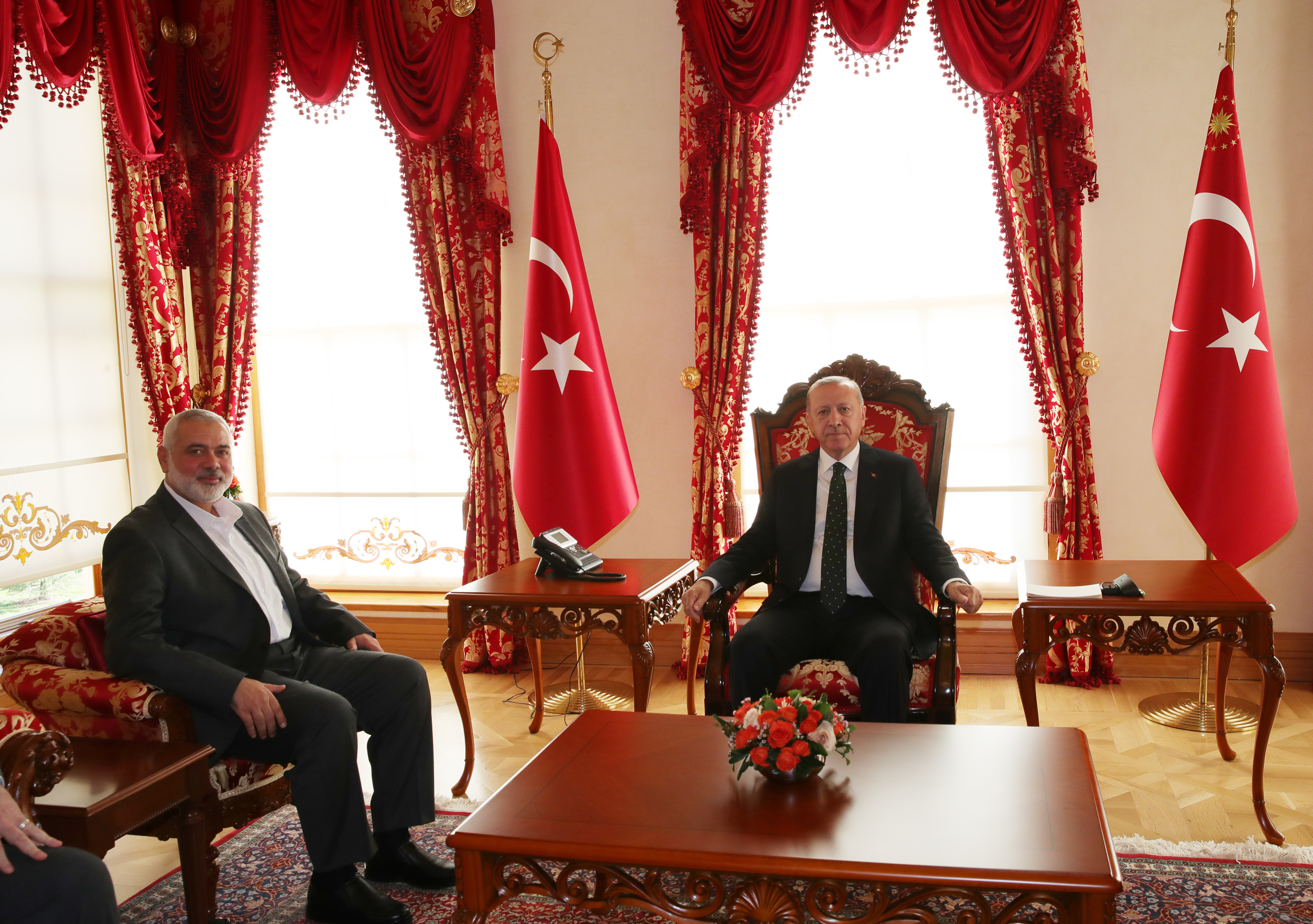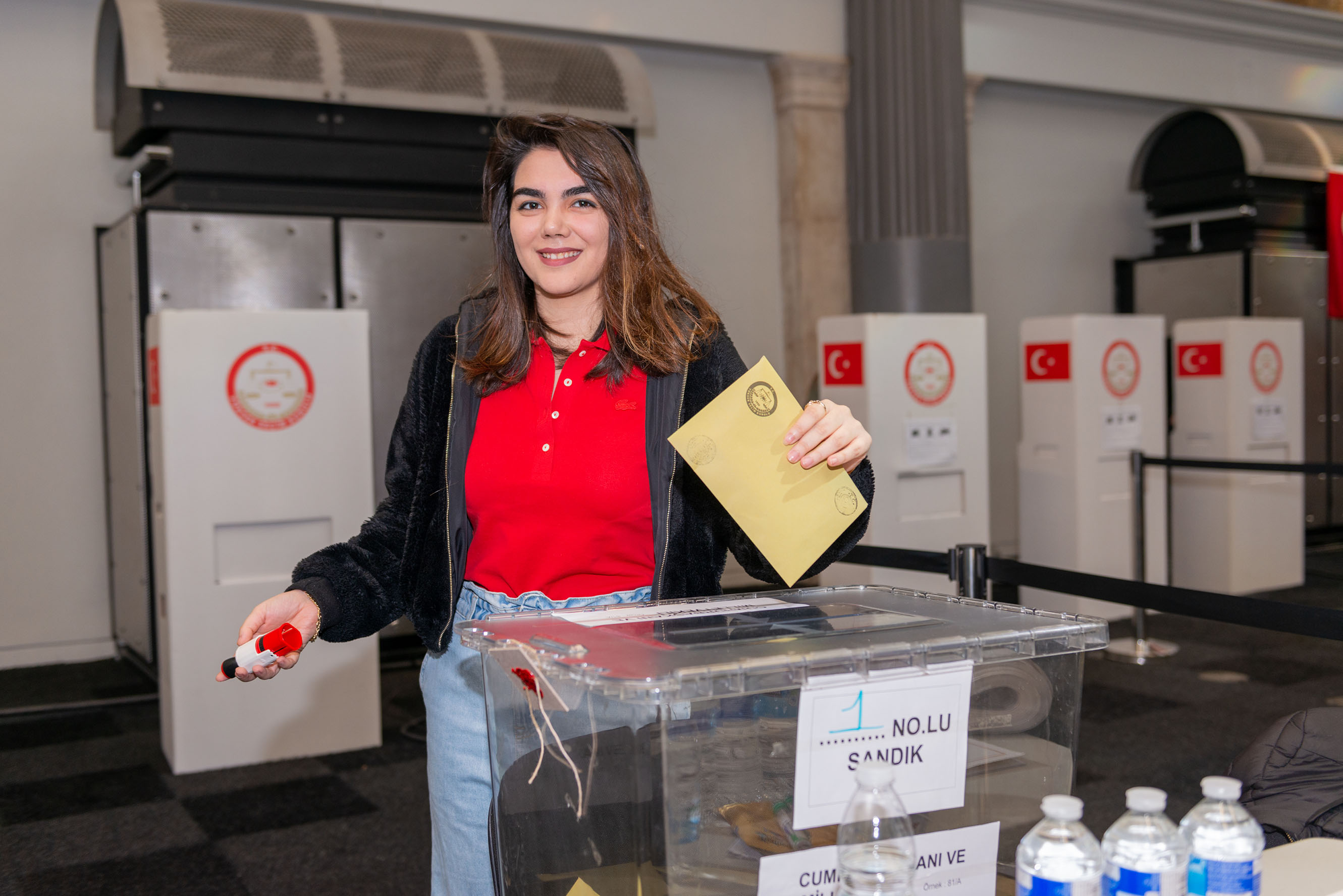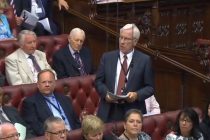The Turkish government has blocked access to Instagram, preventing the country’s nearly 60 million users from seeing or posting on the popular social media platform.
The decision was announced by the country’s Information and Communication Technologies Authority (Bilgi Teknolojileri ve İletişim Kurumu) on its website on Friday morning, 2 August.
Although no official reason has been given, nor any indication on how long the ban would last, the move was widely regarded as a response to Instagram’s parent company Meta censoring content that commemorated Hamas’ political leader Ismail Haniyeh, who was killed in a suspected Israeli attack in Tehran on Wednesday night.
Many Western states have designated Hamas a terrorist organisation, including the United States where Meta is headquartered. As such, social media companies are required to remove from their platforms any content that glorifies terrorists, including Hamas and its leaders.
The picture is markedly different in Turkiye, where President Erdoğan’s government views Hamas as the legitimate government of Gaza and its military wing as a resistance force to counter Israel’s massive military aggression against Palestinians.
Several senior Hamas officials have been granted Turkish citizenship and been allowed to live in Turkiye, with Haniyeh among those who would regularly meet with Erdoğan to discuss the Palestinian situation.
Like many other countries in the Middle East, Turkiye did not condemn Hamas outright following its 7 October attack on Israel, where 1,200 people were killed and over 200 people were taken as hostages into Gaza. Instead, a statement from the Turkish government said it was “deeply concerned about the violence and tension that occurred in Israel and Palestine today (October 7)”, and that it “strongly condemns the loss of civilian lives”, while calling for “the restoration of calm in the region as soon as possible”.

Since then, President Erdoğan has been among the most vociferous critics of Israel and its alleged genocide in Gaza. In May, Ankara imposed a total import and export ban on its former ally Israel as a means of putting pressure on the Netanyahu government to end its brutal war in Gaza.
After learning of Haniyeh’s death last week, President Erdoğan took to X (formerly Twitter) to write: “I strongly condemn and curse the treacherous assassination carried out in Tehran against Hamas Political Bureau Chief Ismail Haniyeh.”
The Turkish leader said it was “a despicable attempt to undermine the Palestinian Cause, the glorious resistance of Gaza, and the rightful struggle of our Palestinian brothers, aiming to demoralise, intimidate, and suppress them.”
Hamas Siyasi Büro Başkanı İsmail Heniye’ye yönelik Tahran’da gerçekleştirilen kalleş suikastı şiddetle kınıyor ve lanetliyorum.
Bu suikast; Filistin Davasını, Gazze’nin şanlı direnişini ve Filistinli kardeşlerimizin haklı mücadelesini akamete uğratmaya, Filistinlilerin moralini…
— Recep Tayyip Erdoğan (@RTErdogan) July 31, 2024
Many Turks view Instagram as an important source for their news and when it became clear posts commemorating Haniyeh were being removed, the focus switched to the platform’s owner Meta.
Fahrettin Altun, the Turkish presidency’s communications director, slammed the social media giant for preventing people from posting condolences about Haniyeh and commemorating his life.
Posting on X, Altun said that Meta’s actions were “censorship, pure and simple,” adding that, “We will continue to defend freedom of expression against these platforms, which have repeatedly shown that they serve the global system of exploitation and injustice.”
Hamas Siyasi Büro Başkanı İsmail Heniye’ye yönelik Tahran’da gerçekleştirilen kalleş suikastı şiddetle kınıyor ve lanetliyorum.
Bu suikast; Filistin Davasını, Gazze’nin şanlı direnişini ve Filistinli kardeşlerimizin haklı mücadelesini akamete uğratmaya, Filistinlilerin moralini…
— Recep Tayyip Erdoğan (@RTErdogan) July 31, 2024
However, the ban on Instagram has not gone down well in Turkiye, where over two thirds of the country’s 85 million people regularly use the social media platform. It’s popularity is not just with personal users, but also businesses who see it as a vital way to reach their customers, and politicians and media groups from across the entire spectrum.
Not surprisingly, the hashtag #instagramıGeriVer (‘Give Back Instagram’) started to trend shortly after the ban started on Friday.
One person posted on X: “There is no difference between closing Instagram and closing businesses, but in the 21st century, we are explaining e-commerce to people who do not understand technology as if we were explaining the invention of the wheel. #GiveBackInstagram.”
The irony of the Turkish government blocking Instagram while complaining about censorship was not lost on users either, with one posting writing:
“#Turkiye: “Defending freedom of expression” by preventing the entire country to have freedom of choice on their usage of #instagram regarding meta’s approach to political views… I smell hypocrisy… #instagramıGeriVer #Turkeyblocksinstagram”
Many people in the country have resorted to using virtual private networks (VPNs) to circumvent the ban – a method commonly used in Turkiye when the authorities impose a ban on social media, including last year following the massive earthquakes that killed 50,000 people.
President Erdoğan blasted Instagram again on Monday: “We are against a digital fascism that cannot even tolerate the photos of Palestinian martyrs and prohibits them at the moment, and which is also a digital fascism that is marketed as freedom.”
Strikingly, the Turkish president has previously criticised social media for failing to curb similar posts promoting organisations it sees as terrorists, such as the Kurdistan Workers’ Party (PKK) and FETO.
With both sides digging it, it’s not clear if Instagram will be back on in Turkiye any time soon.
Main image, top, features Instagram logo and Ismail Haniyeh in Moscow in March 2020, cropped photo © Council.gov.ru via Wikimedia / CC BY 4.0




